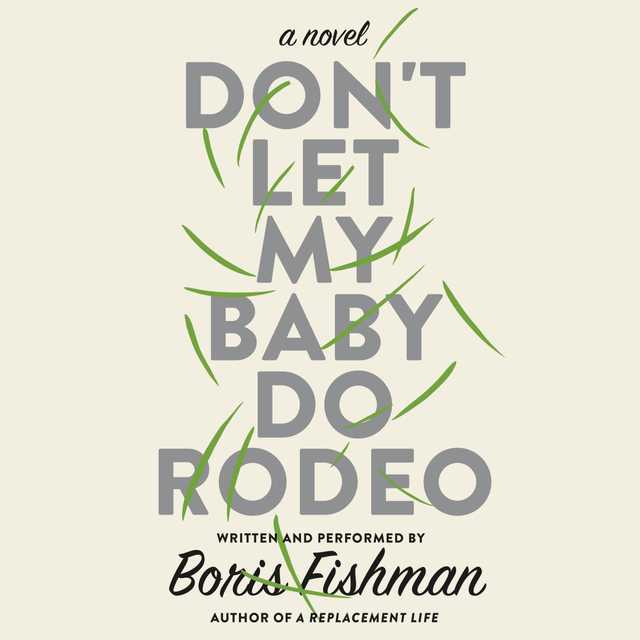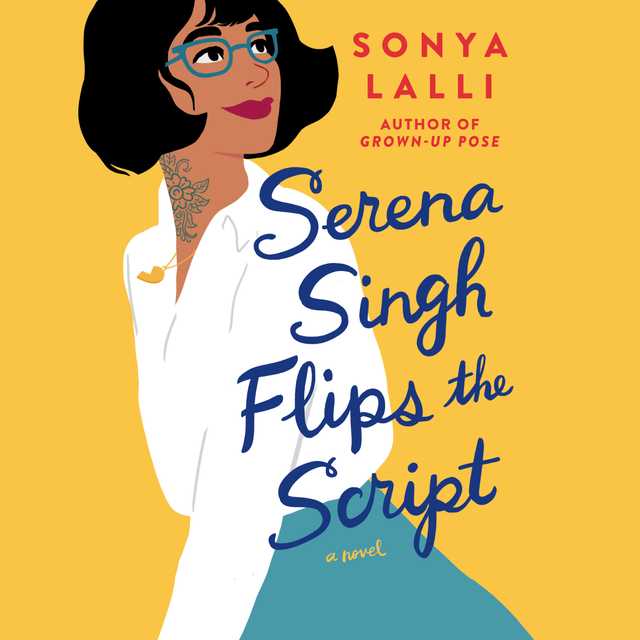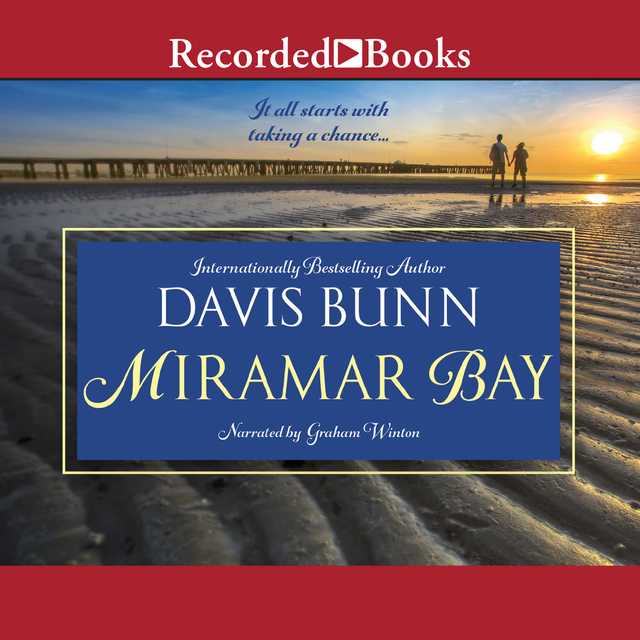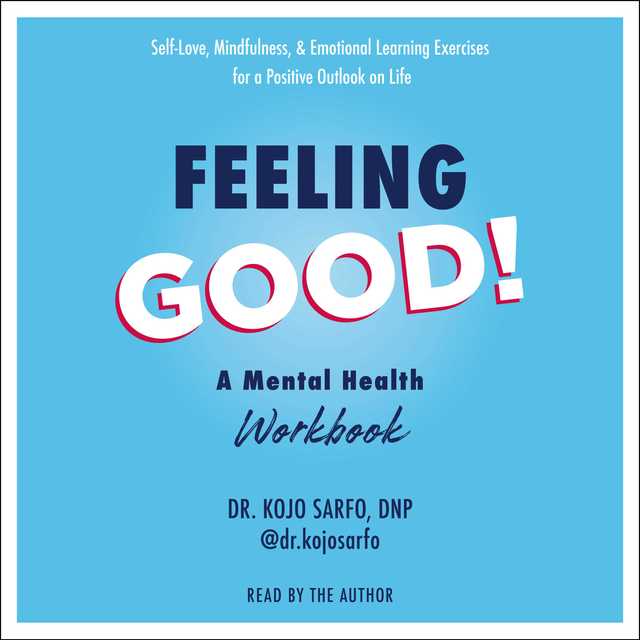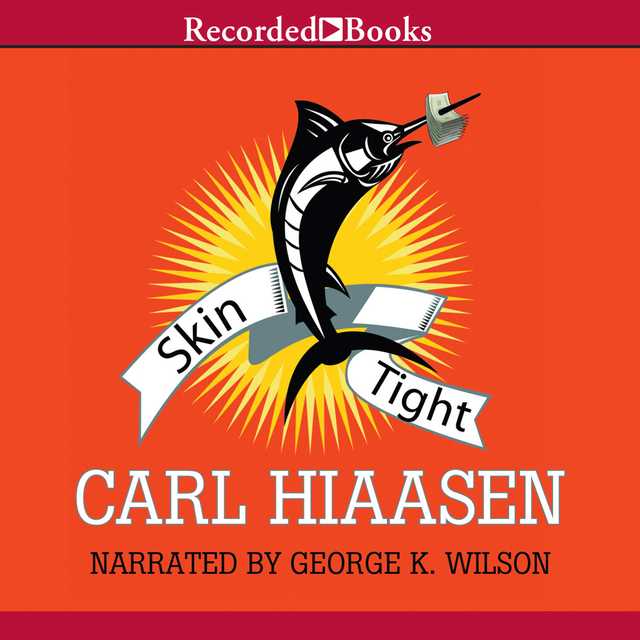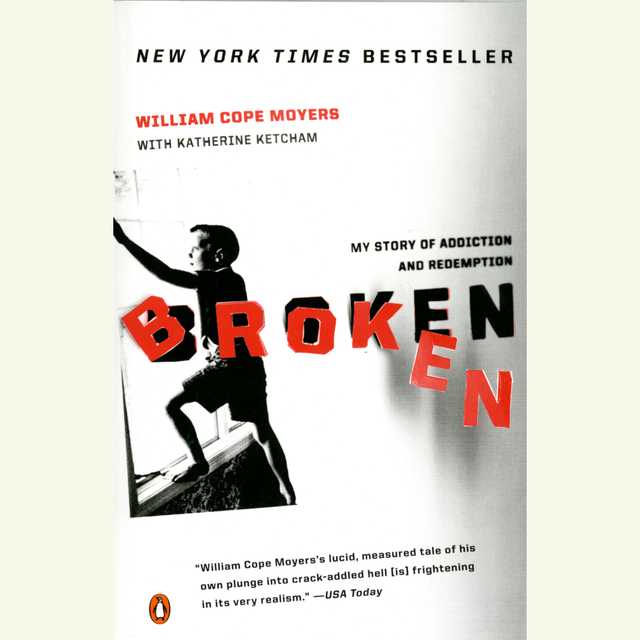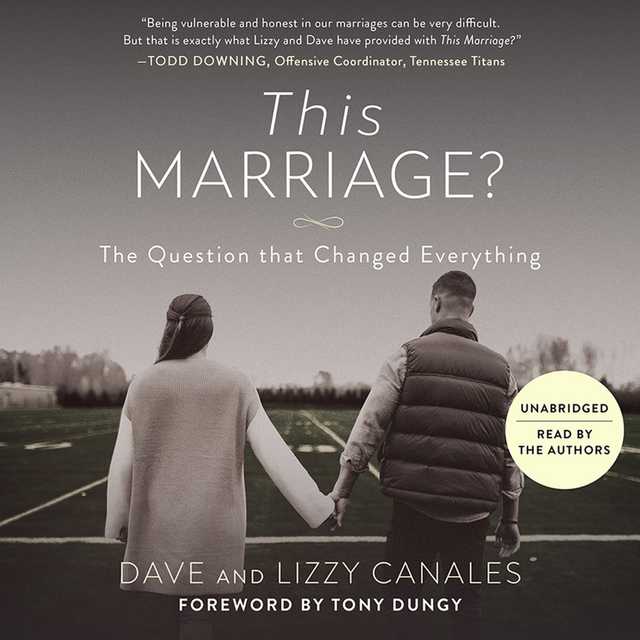Don’t Let My Baby Do Rodeo Audiobook Summary
The author of the critically admired, award-winning A Replacement Life turns to a different kind of story–an evocative, nuanced portrait of marriage and family, a woman reckoning with what she’s given up to make both work, and the universal question of how we reconcile who we are and whom the world wants us to be.
Maya Shulman and Alex Rubin met in 1992, when she was a Ukrainian exchange student with “a devil in [her] head” about becoming a chef instead of a medical worker, and he the coddled son of Russian immigrants wanting to toe the water of a less predictable life.
Twenty years later, Maya Rubin is a medical worker in suburban New Jersey, and Alex his father’s second in the family business. The great dislocation of their lives is their eight-year-old son Max–adopted from two teenagers in Montana despite Alex’s view that “adopted children are second-class.”
At once a salvation and a mystery to his parents–with whom Max’s biological mother left the child with the cryptic exhortation “don’t let my baby do rodeo”–Max suddenly turns feral, consorting with wild animals, eating grass, and running away to sit face down in a river.
Searching for answers, Maya convinces Alex to embark on a cross-country trip to Montana to track down Max’s birth parents–the first drive west of New Jersey of their American lives. But it’s Maya who’s illuminated by the journey, her own erstwhile wildness summoned for a reckoning by the unsparing landscape, with seismic consequences for herself and her family.
Don’t Let My Baby Do Rodeo is a novel about the mystery of inheritance and what exactly it means to belong.
Other Top Audiobooks
Don’t Let My Baby Do Rodeo Audiobook Narrator
Boris Fishman is the narrator of Don’t Let My Baby Do Rodeo audiobook that was written by Boris Fishman
Boris Fishman was born in Minsk, Belarus, and emigrated to the United States in 1988. His work has appeared in the New Yorker, the New York Times Magazine, the New York Times Book Review, Travel + Leisure, the London Review of Books, New York magazine, the Wall Street Journal, and the Guardian, among other publications. He is the author of the novels A Replacement Life, which was a New York Times Notable Book of the Year and winner of the VCU Cabell First Novelist Award and the American Library Association’s Sophie Brody Medal, and Don’t Let My Baby Do Rodeo, which was also a New York Times Notable Book of the Year. He teaches in Princeton University’s Creative Writing Program and lives in New York City.
About the Author(s) of Don’t Let My Baby Do Rodeo
Boris Fishman is the author of Don’t Let My Baby Do Rodeo
More From the Same
- Author : Boris Fishman
- Savage Feast
- Publisher : HarperAudio
- Abraham
- American Gods [TV Tie-In]
- Dead Ringer
- House of Sand and Fog
- Prey
Don’t Let My Baby Do Rodeo Full Details
| Narrator | Boris Fishman |
| Length | 11 hours 53 minutes |
| Author | Boris Fishman |
| Category | |
| Publisher | HarperAudio |
| Release date | March 01, 2016 |
| ISBN | 9780062445162 |
Subjects
The publisher of the Don’t Let My Baby Do Rodeo is HarperAudio. includes the following subjects: The BISAC Subject Code is Cultural Heritage, Fiction
Additional info
The publisher of the Don’t Let My Baby Do Rodeo is HarperAudio. The imprint is HarperAudio. It is supplied by HarperAudio. The ISBN-13 is 9780062445162.
Global Availability
This book is only available in the United States.
Goodreads Reviews
Kari
March 16, 2016
I wasn't sure what I was expecting when I went into Don't Let My Baby Do Rodeo. In the story, Maya and Alex's adopted son, Max begins to act oddly. In their eyes, he has become wild, apt to run away, and in love with nature. They begin to wonder if it has something to do with his birth parents, so they decide to track them down.As I said, this isn't the book that I was expecting. But that was OK because I ended up being pleasantly surprised at how much I liked this story. This book is more than just adoptive parents trying to find their son's birth parents. To me, it was more about Maya and her journey to find her niche in life. She never came across as someone who was comfortable in her role as wife, in her job, and lastly as a mother. She seemed to be thrust into all three roles without actually being prepared. As I read, I had to wonder if Maya really believed that Max got his wildness from his birth parents. Or was she seeking a way to reconcile her feeling of disconnection with her son? It was interesting to see how the parting phrase from Laurel (the birth mom), "Don't let my baby do rodeo", weighed on Maya's mind. To me, it meant don't let him turn out a loser like his birth father. But to her, it was a possible answer to the child he was becoming. The journey across the country to Montana, for me was more about her, than about Max. This book isn't one that you will fly through because it is an exciting adventure. It's more of a meandering tale. I did feel compelled to keep reading because I wanted to see what Maya would do next. The story is one that is set to make you think about things. How do we ever really feel like we belong and what make a place home for us? I'm not sure I agreed with Maya's choices all the time, but I had to respect her journey.I'd have to say give this one a try. There is a lot packed into this book, but they are all worth exploring.
Kathleen
March 02, 2016
beautifully written and heartbreaking. You will root for Maya and this family as it falls apart and reforms. The journey to answer the birth mother's admonition is powerful. This is not an easy read because of the emotions but it is a valuable one. Read this slowly to appreciate Fishman's language. THanks to Edelweiss for the ARC.
Cindy
March 21, 2016
Adoption is a cultural metaphor in Boris Fishman's new novel, DON'T LET MY BABY DO RODEO (HARPER). A Jewish couple originally from Belarus and Ukraine, now living in New Jersey adopt an "unquestionably goy" baby from Montana. When leaving with their child, the last words from the birth parents to the adopting couple Maya and Alex Rubin who are taking their son to New Jersey are, "please don't let my baby do rodeo."Much like in his first novel, the best-selling, A REPLACEMENT LIFE, Fishman uses a healthy dose of history, culture and culinary arts of Eastern European Jewish immigrants in New Jersey in DON'T LET MY BABY DO RODEO.Struggling to overcome the isolation and insecurity of separation from her family in Ukraine, Maya meets Alex and marries him out of love, and she also gets citizenship. Soon they realize they can't have children and Maya takes charge of adoption over strong objections from Alex and his Belarus-born busybody parents, who believe "adopted children were second-class."Max is a healthy baby, but develops into a reclusive, almost feral, child who immerses himself in the natural world. Alex takes this to confirm his prior reluctance to adopt "because you get genes that belong to somebody else." Maya thinks this makes Max special and, she insists that they drive to Montana to meet his birth parents and see Max's roots for themselves.So many things can drive a family apart; it's a wonder that Alex, Maya and Max, or any of us put in this type of situation, can hold it together. Immigration and adoption are not for wimps. With graceful control, assurance and a very understated sense of wit, Fishman turns, DON'T LET MY BABY DO RODEO into a heartfelt, clever, layered story of a family searching for answers and the risks they'll take to find them.
David
July 03, 2016
My review appears in New York Journal of Books . Read that review first. Additional remarks that appeared in a different and now defunct publication comparing this novel with another that was published the same month begin with the next paragraph.Moving is one of life’s most traumatic experiences and all the more so when moving to another country and living in a new language. Two fiction books published this month explore what home means for two distinct waves of recent immigrants. Boris Fishman continues to relate the experiences of Russian speaking Jews who immigrated to America in the 1970s, 80s, and 90s in his second novel Don’t Let My Baby Do Rodeo , and Canadian-Israeli writer Ayelet Tsabari explores the lives of young Israelis at home and abroad in her debut book of short stories The Best Place on Earth , which won the Jewish Book Council’s $100, 000 Sami Rohr Prize for Jewish Literature in 2015 for the 2013 Canadian edition.In my New York Journal of Books review of Don’t Let My Baby Do Rodeo I synopsize Alex and Maya Rubin’s experiences as adoptive parents and how Maya in the second half of the novel becomes a femme fatale, a role that is foreshadowed earlier in the novel when Alex compares her to Tolstoy’s Anna Karenina:“Railroad mind”—that was Alex’s term for the hive of Maya’s brain. Railroads made him think of motion, steam, frantic activity. What he really meant was that she was like some Anna Karenina—superfluously melodramatic. And Maya understood what he really meant only because she had a railroad mind.”The age at which one immigrates also influences one’s ability to adapt to a new country:“Alex had been ten years younger than Maya’s eighteen when his family had come to America; the Rubins had come for good, whereas Maya had come on an exchange program in 1988, the first year such things were possible. After college, Maya was supposed to return to the USSR—a plan altered by her love affair with Alex and the end of the USSR. Alex had taken to America—he spoke with confidence about Wall Street, the structure of Congress, technology. Maya conceded his authority. Only once had she exclaimed that in twenty years he had almost never left New Jersey, so what did he know? Alex had looked at her as if at a child who doesn’t understand what it means to say things one will later regret, and retreated upstairs. He did not speak to her for three days, their sullen meals spent communicating through Max and his grandparents, and Maya never said that again.”Tsabari’s Israeli ex-pats are only a few years older than Fishman’s Maya was when she moved to America, and yet for them it is more of a choice. In my New York Journal of Books review of The Best Place on Earth I note how well adapted Tsabari’s Israeli-Canadians are to life in Canada. But in an article in LitHub Tsabari relates how hard won is her ability to write in her second language:“During those first few years in Canada, even speaking in English was a challenge. I was discouraged by my failure to convey complex thoughts, irritated by my inability to fight with my boyfriend in an eloquent way, embarrassed by my frequent misunderstandings and mispronunciations.”At a certain point she lacked mastery in both Hebrew and English, a feeling I experienced after living in Israel for five years when I sensed I was forgetting English but still didn’t write well in Hebrew. “My Hebrew was becoming rusty from lack of use, while my English was still not good enough. My dream of writing—the only dream I had ever truly held on to—was slipping away from me.”While supporting herself by waitressing and cleaning homes and apartment building lobbies, Tsabari forced herself to write in English. Eventually the effort paid off and mirrored her emotional state now that she lived in Canada: “ I was calmer, lighter, more confident, and my English writing was cleaner, more straightforward, less flowery.”Some of Tsabari’s stories set in Israel capture the stress and tension of living in a country where there is a constant threat of violence, which explains why for Tsabari’s Israeli new Canadians life there feels comparatively calmer.It is said of the Israeli poet Leah Goldberg that she thought in Russian and wrote in Hebrew, and likewise the quality of Tsabari’s writing in English improved when she allowed Hebrew to influence it:“Once I let my English writing be inflected with my Hebrew, infused with my voice, my accent, my background, and with the multiplicities of identity—the passion and drama of the Middle East, the oral traditions of my Yemeni ancestors, the tension and urgency of Israel—a new writer emerged.“… Writing in a language foreign to me and to the place I am depicting seems fitting for a book like mine, preoccupied with in-between-ness. It adds layers of displacement that echo the experience of my characters, travelers, migrants, expats and outsiders who are often at a crossroads, in between places, in between identities, in between languages.”That experience of displacement is something Fishman and Tsabari’s characters have in common. I conclude my review of Don’t Let My Baby Do Rodeo by writing that it “fulfills and surpasses the promise of [his debut novel] A Replacement Life.” Likewise I write that readers of Tsabari’s The Best Place on Earth will look forward to her novel in progress “with avid anticipation.” For a fuller discussion of these books read my reviews in New York Journal of Books.
Paperback Paris
May 15, 2017
** spoiler alert ** I know what you're thinking, What would drive a person to choose a book with the title Don't Let My Baby Do Rodeo ? I'll tell you why. Boris Fishman 's latest novel tells of Maya and Alex's frightful discovery when they realize their newly-adopted child is not who he appears to be. We learn this immediately from the book's inception, when their son, Max, runs away in the first chapter, leaving Maya and Alex to figure out just why their 8-year-old son would take a bus to New York City and beyond.One of the devices Fishman uses to push the plot forward in this story is alternating time periods through both Maya and Alex's perspectives. I thought this was really powerful on the author's part because it builds some backstory to both of these characters, who they are and so forth. From this, readers are able to see how this couple met and fell in love. As sounds cheesy as it might sound, it really does help unravel what's meant to be Alex and Maya's "true relationship.""Diabolical because now how will Maya know whether she said yes to the man or the country?" In the beginning, we learn that Maya is originally from the USSR and that she's studying in the U.S. on a visa. Alex and his parents, on the other hand, moved to the States when he was younger and has always considered the nation his home. They celebrate their cultures differently but they share similar beliefs; it's something I think makes this novel so special: Fishman's ability to describe these cultures with such ease.Maya's passion lies in cooking, which is what led to Maya's meeting Alex in the first place. She started dating one of his friends, but when he notices her cooking one day, Alex gets a feeling that he has to know her. However, there's a struggle; Alex and his parents feel as if they have to prove themselves to Maya because they think differently than her. Having resided in the States longer, they feel as though the U.S. is more home to them than the USSR, while Maya thinks the opposite.In a way, there's somewhat of a culture clash between the two, and it ends up becoming a central theme in the book. This is noticed in a few scenes when Maya and Alex's differences become more apparent, especially in the way of child-rearing.For instance, Maya and Alex adopted Max from a teenage couple in Montana, but Maya always worries whether she's raising Max the right way. She wanted to make sure he was treated like her own son as if there are no differences between them. Together, Maya and Max bond by cooking together. She shows him what types of food she used to eat in the USSR but she's also mindful of Max staying true to who he is. But Alex would rather change him to be more "normal-fitting." Maya knows the ends and outs of Max better than her husband because he is everything to her.Another struggle witnessed in this circle is Alex's difficulty of seeing Max as a first-class citizen. He would have liked to have children of his own, considering his parents gave him so much trouble with adopting Max in the first place. Seeing the dynamics in Alex's relationship with his parents is interesting because they think out loud. Alex's parents question Max's sanity while Alex keeps his doubts concealed. However, Maya's only concern is for the safe return of her son. This constant tug of war between Max and Alex is constant throughout the entire book; and as the story progresses, their relationship gets more complicated.Perhaps these little bouts are due to the fact that they fell in love without really getting to know one another. To be honest, they never really have a formal introduction, and their acquaintance is made only by happenstance after meeting through Alex's friend, whom Maya dated. Although she does find Alex attractive, she never dared to make a move on him.Several months later, though, Alex finally confessed his feelings for Maya but warns that her visa was expiring. In a moment of impulse and panic, Alex does the unthinkable: he asked her to marry him. Though Maya was unsure whether it was Alex or the country she loved. It's a thought that continues to haunt Alex throughout their relationship, but of course, you'll have to read the book itself to learn if their love is strong enough to survive.What I liked about Fishman's writing is how he switches narrators with such ease. You get inside the minds of different people, sometimes within the same paragraph. It takes a special kind of talent to be able to capture so many characters at once. In the first chapter, Fishman has Alex, Maya, and Alex's parents all giving their private thoughts on what they think about this one peculiar child who's run away. And yet, he's still able to intertwine those thoughts so perfectly.I recommend this novel to anyone who is looking for something out of their comfort zone. I don't give out 5-star ratings often, but I couldn't turn the pages fast enough with this one. Pick this book up ASAP. You won't regret it.—Review provided by Contributor, Jessica DuffieldRead this and more over at Paperback Paris!
Elaine
October 29, 2017
Goodreads seems to be playing fast and loose with my book count for the year as suddenly my count has gone down, and I saved this book for #100 for the year because it deals with concepts near to my heart - adoption and mid-life relationship crises for women. All to often we hear about men throwing themselves into an inappropriate journey or relationship, not women, who are often seen as the reactionary part of a story, and not the key drivers.The author slowly shifts our focus from the entire family over to the lead character's perspective on motherhood, marriage, careers, families and looks. What a joy! And his observations on adoption are so spot on that you can't help but wonder if he has gone through the process himself. The smarminess of adoption agencies who know that they can pick and chose among desperate families, the catch-22 situation in which adopting parents are forced into complex moral and legal battles at a time when they are most vulnerable, the constant wondering why your child does what he/she does and the silent frustration as other parents tell you why your child acts the way he/she does while completely forgetting that an adoption has occured, the quick glance away as other parents realize that they praise their child for the characteristics that they themselves possess. Its all there in quick, sharp comment as pointed as an accupunturist's needle. Unless you have gone through adoption yourself it is impossible to understand the power that a birth mom's words have over you, even if the words as as improbable as "don't let my baby do rodeo". In working through this journey, and this improbably metaphor, Maya comes into her own when she takes her son to the rodeo. This could come across as contrived, but the author has such skill that the event is kept in its proper place, and is not presented as a cinematic, sundown drenched movie scene, and rather as a spontaneous act by a woman who has long since abandoned spontaneity. Despite the fact that she is middle aged, Maya moves into full adulthood in the story, as she realizes that she has made the mistakes so many women have made before - giving up on her own career needs due to lack of support, supporting your spouse's family ahead of your own, endlessly negotiating for an obvious outcome that the other has not yet seen, the unceasing internal critic who comments over and over again about your mistakes when it comes to taking care of others. Again, it is all there, but in this case we see Maya slowly realizing what she has unwittingly turned her life into, with layers upon layers of meaning, and a final break from expectations to be herself with an older widow that she meets by chance. All novels must tie things up neatly, by definition, unless you are YA looking for much desired serial success, and this novel does so in a way that lets us know that Maya is just started on her journey. A pleasure to read and a story that creeps into your mind after you have finished it.
James
October 31, 2020
The blurb on the flap on the front of the book tells what the story is about generally. Maya Shulman and Alex Rubin met in 1992, both from the former USSR. They get married, find they can't have children, and adopt a little boy from Montana. Meanwhile, Maya has given up her first dream and become a medical worker.The little boy they adopt comes with the request from the biological mother to "Don't let my baby do rodeo." This begins the journey of a couple trying to raise an adopted son, not understanding what makes him tick. In their efforts to understand who he is, they end up on a road trip to Montano where all sorts of things happen. They have all sorts of experiences they wouldn't have had if they had started in New Jersey and theirs, one simply knows, will never be the same.The writing is superb if somewhat confusing at times and is ideal if one's purpose is to explore the mysterious interior life of the mind. I found myself irritated with Maya as often as charmed by her.
Sunny L Wallace
May 14, 2017
Lovely book about what it means to be part of a familyI loved the maim character who is figuring out who she is in her early forties. She starts out wanting to help her adopted son but ends up helping herself. There are a lot of layers to this book. I highly recommend it.
Barbara Allen
September 10, 2017
A Journey With a Create-Your-Own Ending. Even with a childhood in suburban New Jersey, I doubt that I have the background to fully understand this novel - but here and there I got hints. It was enough. Thoroughly engaging.
Rosamund
May 26, 2020
Unexpectedly tender and humourous book about identity, adoption and immigration.
Leahbh
May 31, 2018
I enjoy Fishman's writing and it was interesting to read this story of immigration and place at the same time that I am reading the nonfiction The Newcomers.
Val
March 12, 2017
Interestingly insightfulFascinating story detailing a culture I knew nothing about. Adaption through the eyes of the adoptive parents, their fears and concerns explored successfully
Joseph
April 09, 2016
Once again Boris Fishman has ushered us into the world – and world-view – of Russian-American immigrants, much in the same way that Alice McDermott does with Irish Catholic New Yorkers or Louise Erdrich with Native Americans, or, going back a few decades, John Cheever with Westchester suburbanites. Mr. Fishman has claimed his turf and shared it with us, and we are richer for it.In “Don’t Let My Baby Do Rodeo,” old-country values and traditions bump up against new-world realities, and this provides the underlying tension that drives the surface-level conflicts in the marriages, loves, and yearnings of the characters. Alex Rubin and Maya Schulman are the adoptive parents of Max, whose biological parents are from Montana. Alex’s parents Raisa and Eugene may still have one foot planted in Minsk and live by the equal certainties of superstition and the human ability to be bribed, but Alex and Maya are firmly – if not necessarily spiritually – harbored in New Jersey. When 8-year-old Max starts acting out by running away, holding his head in a river, and eating grass, Alex and Maya grow concerned that this is some artifact of a wild Montana birth, so they undertake a cross-country trip to visit their son’s birthplace.I loved the depth and humanity of these characters. Maya, especially, is complex and compelling in her quest for broader life experience and to overcome her strongest constraint: fear of the unknown. This comes across as a core part of the immigrant’s outlook, while keeping in mind that the immigrant is driven by the exploration of that very thing: the unknown. With a wry wink, Maya cites the explorers’ lineage: “Livingstone, Amundsen, Rubins.”Mr. Fishman writes beautifully, creating images that are sure to endure. When Alex’s mother tries to marry him off, pre-Maya, she brings Russian girls home “like a bird dog trudging back with prey in its mouth.” On the road, Fishman describes the traveler’s despair of losing home and familiarity, the bed as welcoming “as a cold hand in the gloom.” And then a sunset “pink as a dog’s ears.”Alex and Maya’s encounters on the road to Montana expose the potholes in their marriage, and they do have to traverse some rough terrain. But these are people with honest souls; they do what they must to carry on together. Maya’s prayer to herself at her wedding was “Let us be tenacious together. Let us be constant in a mutual way.” And that they do.
Eleanor
August 07, 2016
Maya and Alex Shulman-Rubin live in New Jersey with their adopted son, Max. Alex’s parents, Eugene and Raisa—Soviet Jewish emigrés who have built their food import business into a small empire—live nearby, popping over to socialize and cook. Maya’s parents are still in the Ukraine; she doesn’t see them often, but she’s happy enough in the States, working as a radiologist and caring for her family. Until Max turns eight and starts behaving strangely: running away, sitting in streams, collecting grass. The Shulman-Rubins begin to worry. How much do they really know about their son—where he came from, what strange heritage might be surfacing? All they have to go on are the parting words from Max’s birth mother, eighteen-year-old Laurel from Montana: “You’re the mother,” she tells Maya. “You will raise him as you see fit. But I want to ask you for one thing… Please don’t let my baby do rodeo.”As Max’s behaviour becomes increasingly erratic (though never violent), Maya decides the only way to lay their fears (and any ghosts there might be) to rest is to take Max back to the land of his birth. She doesn’t drive, so although Alex is reluctant (an understatement; he thinks it’s a terrible idea), the three of them set off together on a road trip from New Jersey to Montana, hoping to find some answers.Read the rest of the review here: https://ellethinks.wordpress.com/2016...
Paul
December 18, 2016
This, the second novel by Boris Fishman is just as well written and entertaining as the first. Here the story centers on a Russian emigre couple that have adopted an infant American child. When the child who is 8 years now starts behaving "wild" they decide to try to track down his birth parents. The book is written from the point of view of Maya, the mother. I loved the characters and the language and descriptions throughout the book. Alternately comedic and dramatic, it is a wonderful exploration of our culture and what it means to be human.
Most Popular Audiobooks
Frequently asked questions
Listening to audiobooks not only easy, it is also very convenient. You can listen to audiobooks on almost every device. From your laptop to your smart phone or even a smart speaker like Apple HomePod or even Alexa. Here’s how you can get started listening to audiobooks.
- 1. Download your favorite audiobook app such as Speechify.
- 2. Sign up for an account.
- 3. Browse the library for the best audiobooks and select the first one for free
- 4. Download the audiobook file to your device
- 5. Open the Speechify audiobook app and select the audiobook you want to listen to.
- 6. Adjust the playback speed and other settings to your preference.
- 7. Press play and enjoy!
While you can listen to the bestsellers on almost any device, and preferences may vary, generally smart phones are offer the most convenience factor. You could be working out, grocery shopping, or even watching your dog in the dog park on a Saturday morning.
However, most audiobook apps work across multiple devices so you can pick up that riveting new Stephen King book you started at the dog park, back on your laptop when you get back home.
Speechify is one of the best apps for audiobooks. The pricing structure is the most competitive in the market and the app is easy to use. It features the best sellers and award winning authors. Listen to your favorite books or discover new ones and listen to real voice actors read to you. Getting started is easy, the first book is free.
Research showcasing the brain health benefits of reading on a regular basis is wide-ranging and undeniable. However, research comparing the benefits of reading vs listening is much more sparse. According to professor of psychology and author Dr. Kristen Willeumier, though, there is good reason to believe that the reading experience provided by audiobooks offers many of the same brain benefits as reading a physical book.
Audiobooks are recordings of books that are read aloud by a professional voice actor. The recordings are typically available for purchase and download in digital formats such as MP3, WMA, or AAC. They can also be streamed from online services like Speechify, Audible, AppleBooks, or Spotify.
You simply download the app onto your smart phone, create your account, and in Speechify, you can choose your first book, from our vast library of best-sellers and classics, to read for free.
Audiobooks, like real books can add up over time. Here’s where you can listen to audiobooks for free. Speechify let’s you read your first best seller for free. Apart from that, we have a vast selection of free audiobooks that you can enjoy. Get the same rich experience no matter if the book was free or not.
It depends. Yes, there are free audiobooks and paid audiobooks. Speechify offers a blend of both!
It varies. The easiest way depends on a few things. The app and service you use, which device, and platform. Speechify is the easiest way to listen to audiobooks. Downloading the app is quick. It is not a large app and does not eat up space on your iPhone or Android device.
Listening to audiobooks on your smart phone, with Speechify, is the easiest way to listen to audiobooks.

